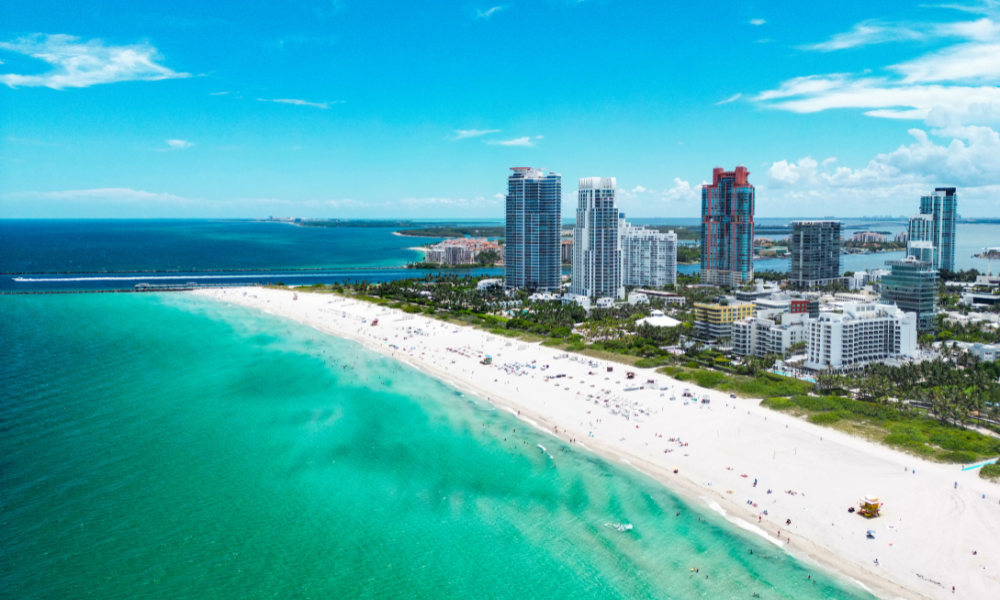Thousands of units flagged as ineligible for traditional mortgages are pushing buyers toward alternative financing

As stricter condo lending rules take hold in Florida, mortgage professionals are seeing a sharp rise in demand for non-qualified mortgage (non-QM) loans, particularly in markets affected by the state’s post-Surfside regulatory changes.
Florida’s Building Safety Act has prompted stricter oversight of aging condominiums following the 2021 Surfside condo collapse. According to state data, more than 1,400 condo buildings across Florida have been deemed ineligible for traditional mortgage financing due to structural and maintenance issues, severely limiting financing options for both buyers and owners looking to refinance.
Much of the disruption also stems from Fannie Mae’s confidential mortgage “blacklist,” which identifies buildings ineligible for agency-backed loans. The list has grown significantly, now affecting 696 buildings in Miami-Dade, Broward, and Palm Beach counties, nearly half of the statewide total.
The full list is not publicly disclosed, and building owners often only learn of their property’s status when a buyer’s loan application is rejected.
As Fannie Mae and Freddie Mac back roughly 70% of residential loans, their restrictions have created a ripple effect across Florida’s real estate market, forcing many borrowers to seek alternatives outside the GSE-backed lending framework.
Read more: Fannie Mae's secret blacklist prevents Florida condo sales, mortgages
“We've seen a significant uptick in clients needing flexible mortgage solutions,” said Oliver Orlicki, founder of Tampa-based The Orlicki Group, which specializes in non-QM lending.
“Non-QM loans have become a vital tool for those looking to invest in properties that don't meet conventional lending criteria.”
Non-QM loans offer expanded underwriting criteria, including alternative income verification and asset-based lending, and are frequently used by self-employed borrowers, investors, and buyers of non-traditional properties. However, these products typically come with higher interest rates and tighter qualification standards compared to agency-backed loans.
According to the Mortgage Bankers Association, overall credit availability in April remained stable, with demand supported largely by jumbo and non-QM loans. The Mortgage Credit Availability Index (MCAI) held at 102.9 in April, a modestly loose level compared to 2023.
“Overall levels of credit supply remain tight but have generally grown since 2023, as lenders continue to offer cash-out refinance loan programs as well as jumbo and non-QM loans,” said Joel Kan, deputy chief economist at MBA. “Lenders remain positioned for potential refinance opportunities as mortgage rates continue to fluctuate.”
The challenges are particularly acute in South Florida, where cash buyers have historically dominated the market. While cash transactions remain common, buyers relying on financing now face additional hurdles when purchasing units in blacklisted buildings.
Meanwhile, some developers have paused or canceled condo projects altogether due to lagging pre-sales and financing challenges. One recent example cited in Burnaby saw a project halted and buyer deposits returned.
With agency-backed financing off the table for thousands of units, industry experts say the demand for flexible lending alternatives is likely to persist as Florida’s real estate market adjusts to the new regulatory environment.
Stay updated with the freshest mortgage news. Get exclusive interviews, breaking news, and industry events in your inbox, and always be the first to know by subscribing to our FREE daily newsletter.



